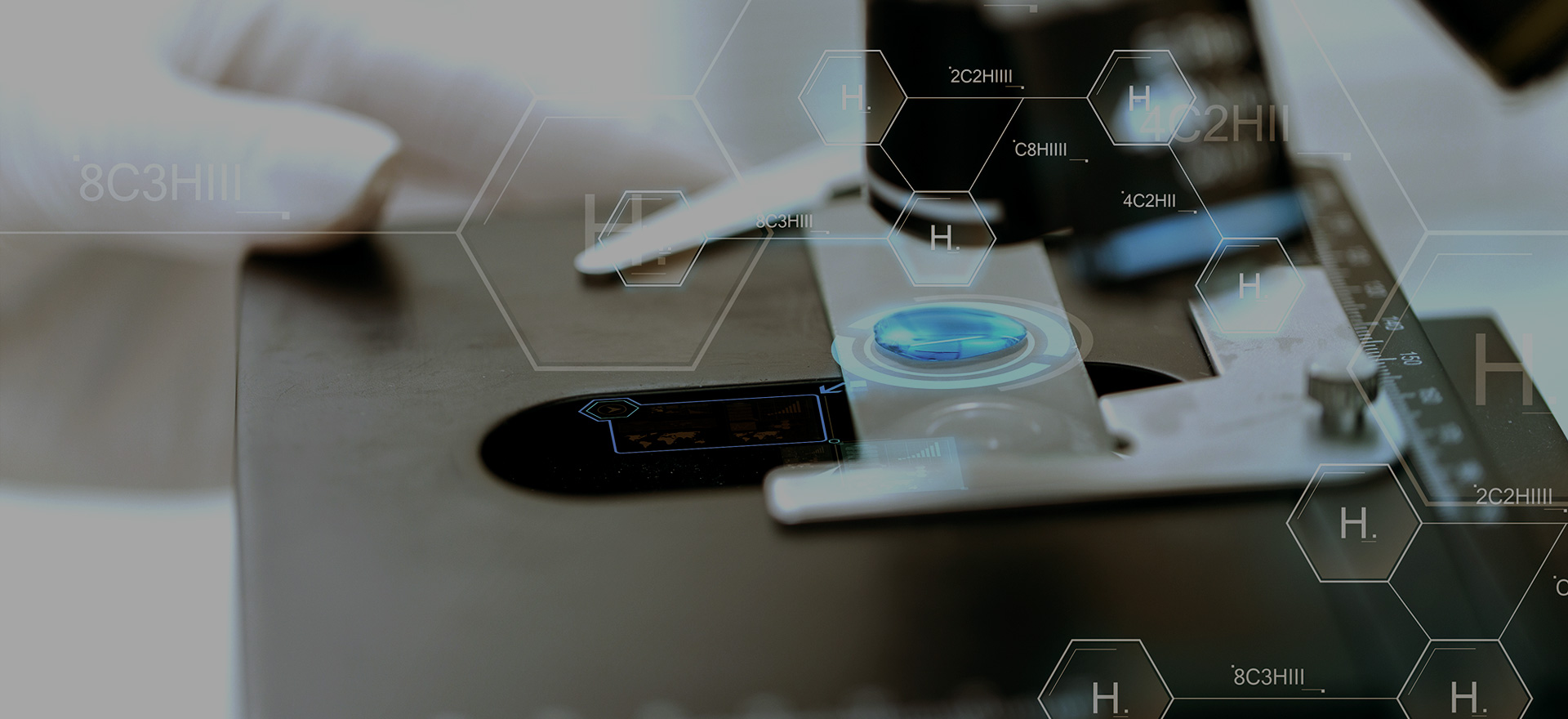메인 슬라이드 영역
GREETINGS
To address Korea’s healthcare challenges, the K-Health MIRAE Initiative, an innovative and bold research initiative, was launched in 2024.
*MIRAE : Medical Innovation Research AndEvolution
Our goal is to strengthen the health security of our nation by tackling significant healthcare issues such as the next pandemic, a super-aged society, and essential medical crises.
This project has set five missions: ➀ establishing health security, ➁ overcoming unconquered diseases, ➂ securing breakthrough technology in bio-health technology ➃ improving welfare and care services, and ➄ improving essential medical services and technologies. Led by skilled and capable PMs, the project promotes research and development, implementing various strategies to encourage researchers to take bold steps without fear of failure.
We aim to ensure the sustainability of research funding by connecting public and private investments, resolving challenges through innovative research and development, and fostering a culture that embraces failure.
Your interest and support will be a great strength to this bold step. We look forward to creating a healthy and safe future together.
Thank you.
On behalf of the Initiative
MISSIONS AND GOALS
- MISSION
-
Bold steps to improve the health of our nation
- GOALS
-
Resolving national healthcare challenges through mission-driven R&D initiatives that are High risk - High reward but have significant ripple effects.
Mission-oriented R&D initiatives that are high risk -high reward
- Mission 1
Establishing health security
- Mission 2
Overcoming unconquered diseases
- Mission 3
Securing breakthrough technology in bio-health technology
- Mission 4
Improving welfare and care services
- Mission 5
Improving essential medical service and technology
Our strategy model
-
-
Strategy1
Demand and Mission-Oriented Project Planning
-
- Identifying ChallengesConducting demand surveys and big data analysis to identify challenges
- Project PlanningMission-driven R&D planning with research-specific characteristics
-
Strategy1
-
-
Strategy2
Selection of Specialized Projects Based on Challenging Innovation
-
- Challenging Innovation IndicatorsDefining indicators for originality and risk
- Project-Specific EvaluationAssigning the authority to PMs to perform project-specific evaluations
-
Strategy2
-
-
Strategy3
Milestone-Based Operation and Management
-
- Flexible OperationAdjusting funding and institutions to the characteristics of each project
- Monitoring MilestonesEmpowered to GO/NO-GO/GO-IF checkpoints
-
Strategy3
-
-
Strategy4
Dissemination of Outcomes for Market Entry
-
- IP ManagementSupporting for IP connectivity throughout the lifecycle
- Commercialization SupportLinking support programs to each project
- NetworkingBuilding a global network for tech transfer and investment
-
Strategy4
-
-
Infrastructure1
Securing a Foundation for Challenging Innovation
-
- Establishing Operational Guidelines for the Project
- Developing a Flexible Budget Plan
-
Infrastructure1
-
-
Infrastructure2
Securing and Developing Skilled Talent
-
- Securing PMs and Support Staff
- Strengthening Capacity building for Innovation and Challenges
-
Infrastructure2
-
-
Infrastructure3
Strengthening and Expanding Networks
-
- Promoting the Notion of Innovative and Challenging R&D
- Establishing a Global Network
-
Infrastructure3
PM(Project Manager)
Addressing Healthcare Missions
Identifying challenges
4 Steps of Differentiation for R&D Cycle
Task Execution
An expert who identifies challenges to address healthcare missions and performs tasks related to planning and evaluating innovative, challenge-driven projects, as well as managing their progress to solve these issues.
- Key Roles of the PM
-
Identifying candidates for challenges and project planning
Selecting, evaluating, and managing R&D projects
Setting, revising, and refining milestones for R&D projects
Monitoring and utilizing the outcomes of R&D projects
Performance management of R&D projects, including commercialization support
External collaboration on R&D projects
Other matters related to assigned projects and R&D tasks
- Competencies Required for the PM
-
Researcher ≠ PM = Investor “Virtual CEO”
Communication
Collaboration
Expertise
Boldness
Drive
Transparency
Creativity
- 4 Steps of Differentiation for R&D Cycle
-
-
- step01
Project Planning
-
Selecting disruptive innovation technologies necessary for achieving healthcare missions and Focusing on planning to solve challenges
Planning Process-
Identifying challenges
- Demand Survey
- Big Data-Based Theme Identification
-
Listing problems and Systematization
- Classification of Candidates
- Duplicate Check
-
Public Hearing
- Discussion of Candidates
- Gathering Feedback
-
Priority Review of challenges
- Report Preparation
-
Finalization of challenges
- Report Review
- Priority Setting
-
Project Planning
- Development of Concept Paper
- Preliminary Call for Proposals
- Verification of Call for Proposals Topic
-
Preparing the Planning Document
- Preparing the Planning Document and Announcement
-
Project Approval
- Approval upon Special Committee Report
-
Identifying challenges
- step01
-
- step02
Project Selection
Selecting groups that propose approaches focused on challenge and innovation & Evaluating projects based on their potential to achieve breakthrough research goals
- step02
-
- step03
Project Management
Flexible, Milestone-Based Operation for Project Goal Achievement
- step03
-
- step04
Outcome Dissemination
Advancing the Project to the Improvement of Public Health through Field Demonstrations and Commercialization
- step04
-




